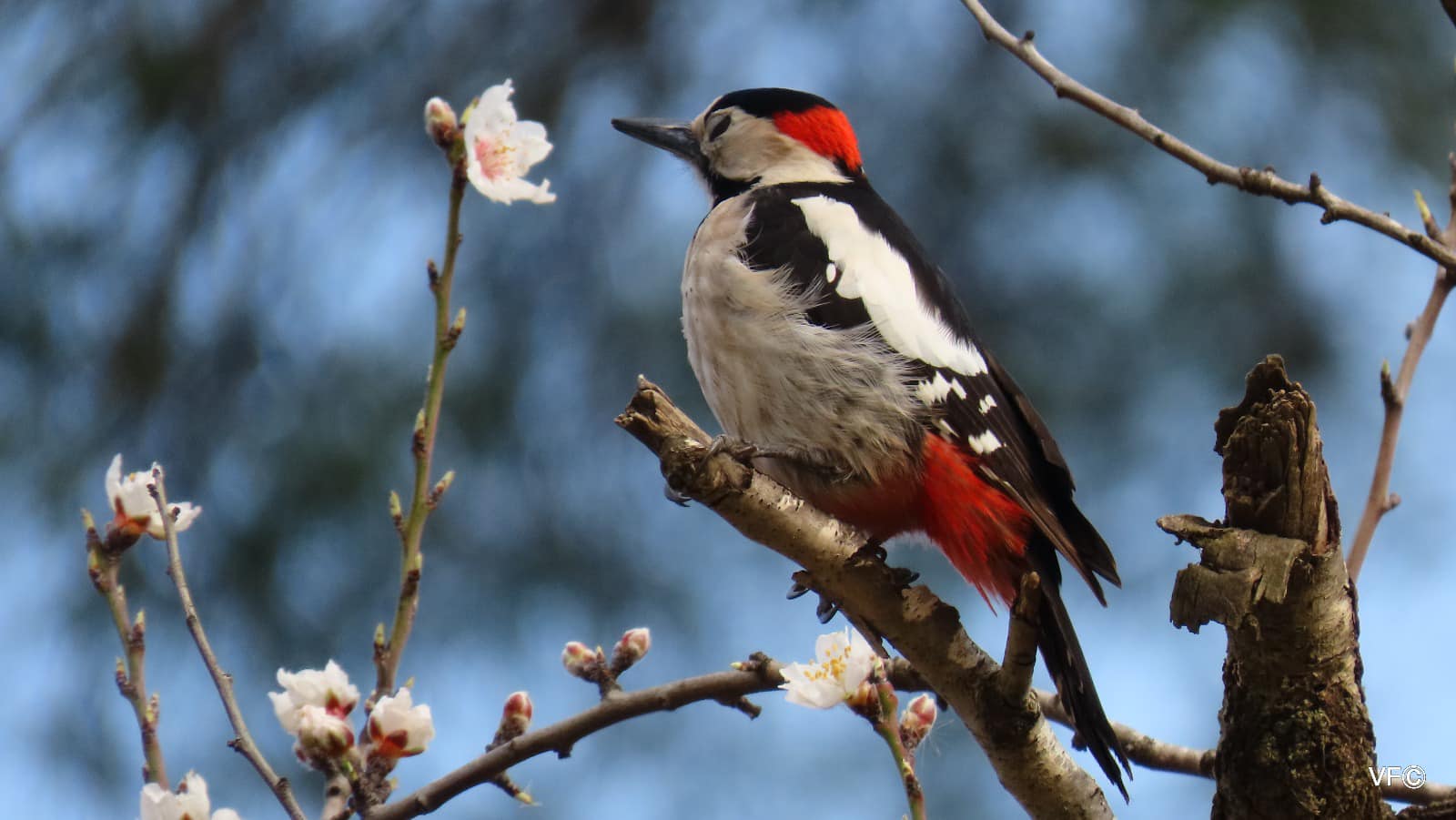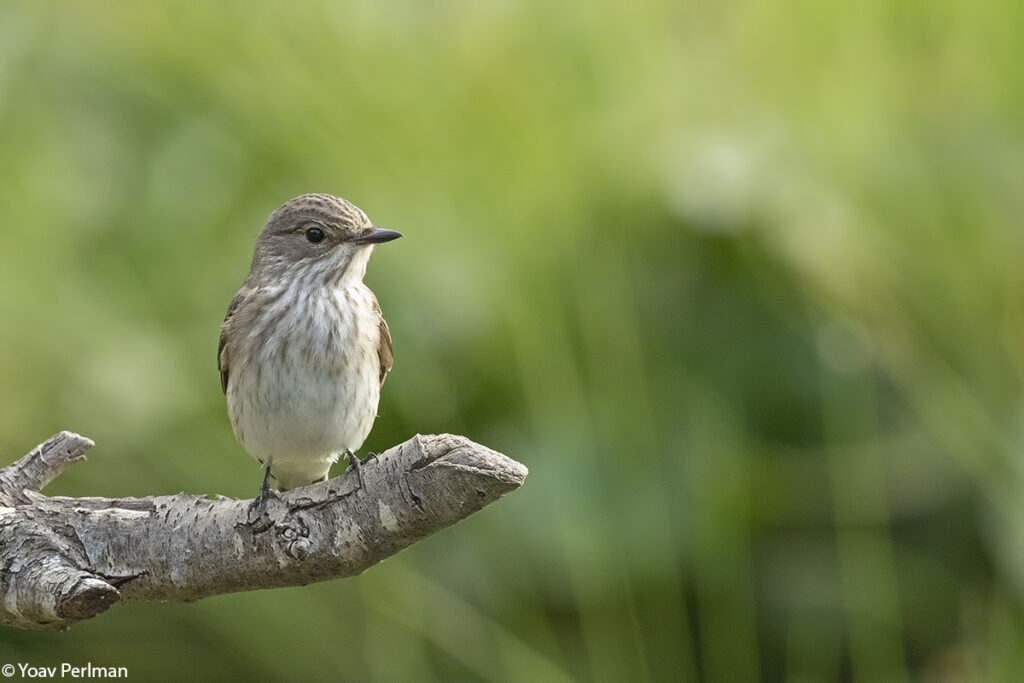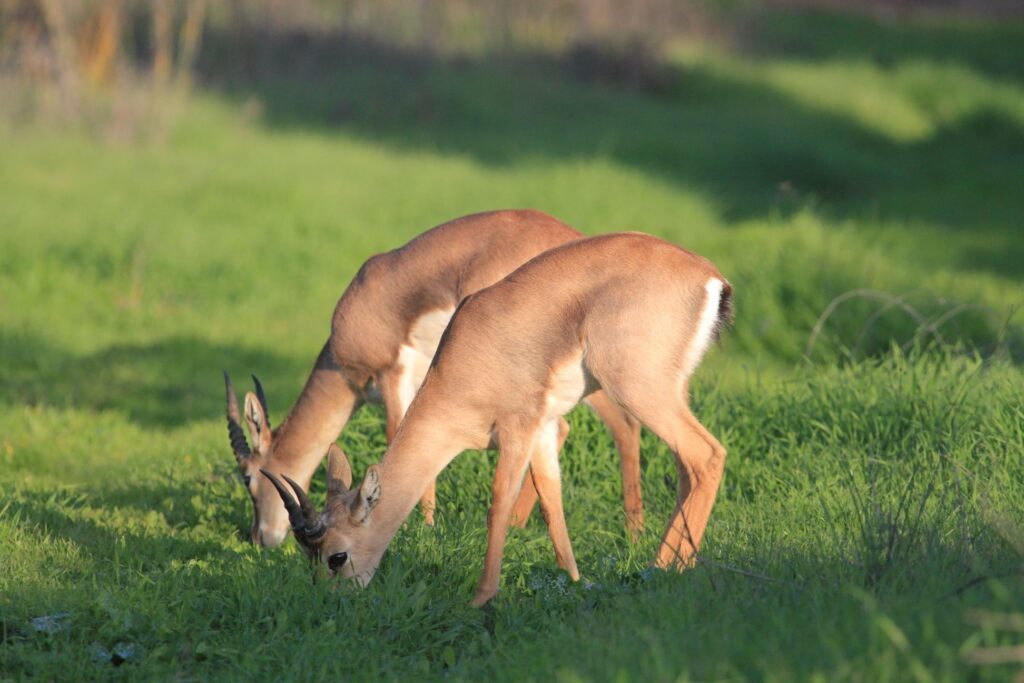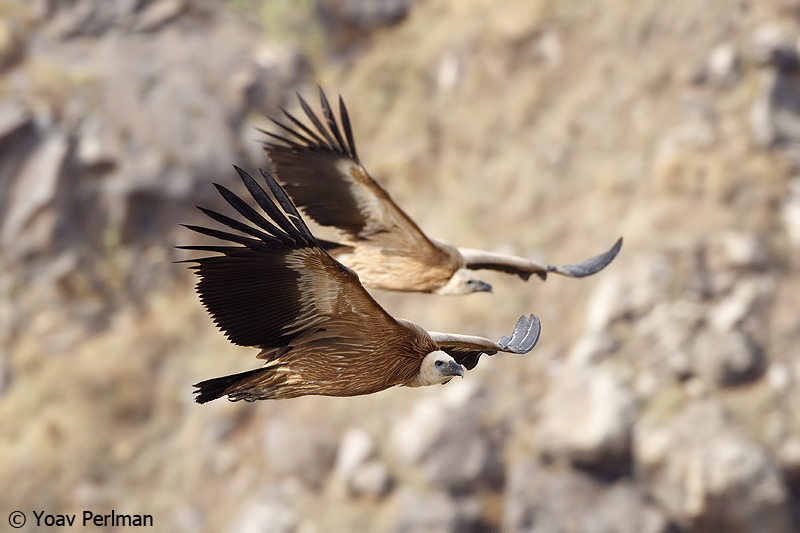14 Jan Feathers and Fur: January Afternoon Nature Walk at the Gazelle Valley Park
Discover how birds and gazelles adapt to winter in Jerusalem
Event Details
Date: Wednesday, January 14, 2026
Time: 14:30–16:00
Location: Gazelle Valley Park, Jerusalem
Full guide contact info provided after registration.
How do birds and animals stay warm in the winter? We’ll uncover the answers as we explore the Gazelle Valley Park in the heart of Jerusalem. The Valley hosts several bird species that migrate south for the season—such as the elegant White Wagtails. Together we’ll look for wintering birds, signs of the season, and of course, the gazelles that live in the park.
For all ages. No experience needed.
Guiding is in English.
Cost:
SPNI Members: 40 NIS
Non-Members: 55 NIS
Contact Info:
📞 Phone: 0523-869488
📧 Email: reg.jbo@gmail.com








